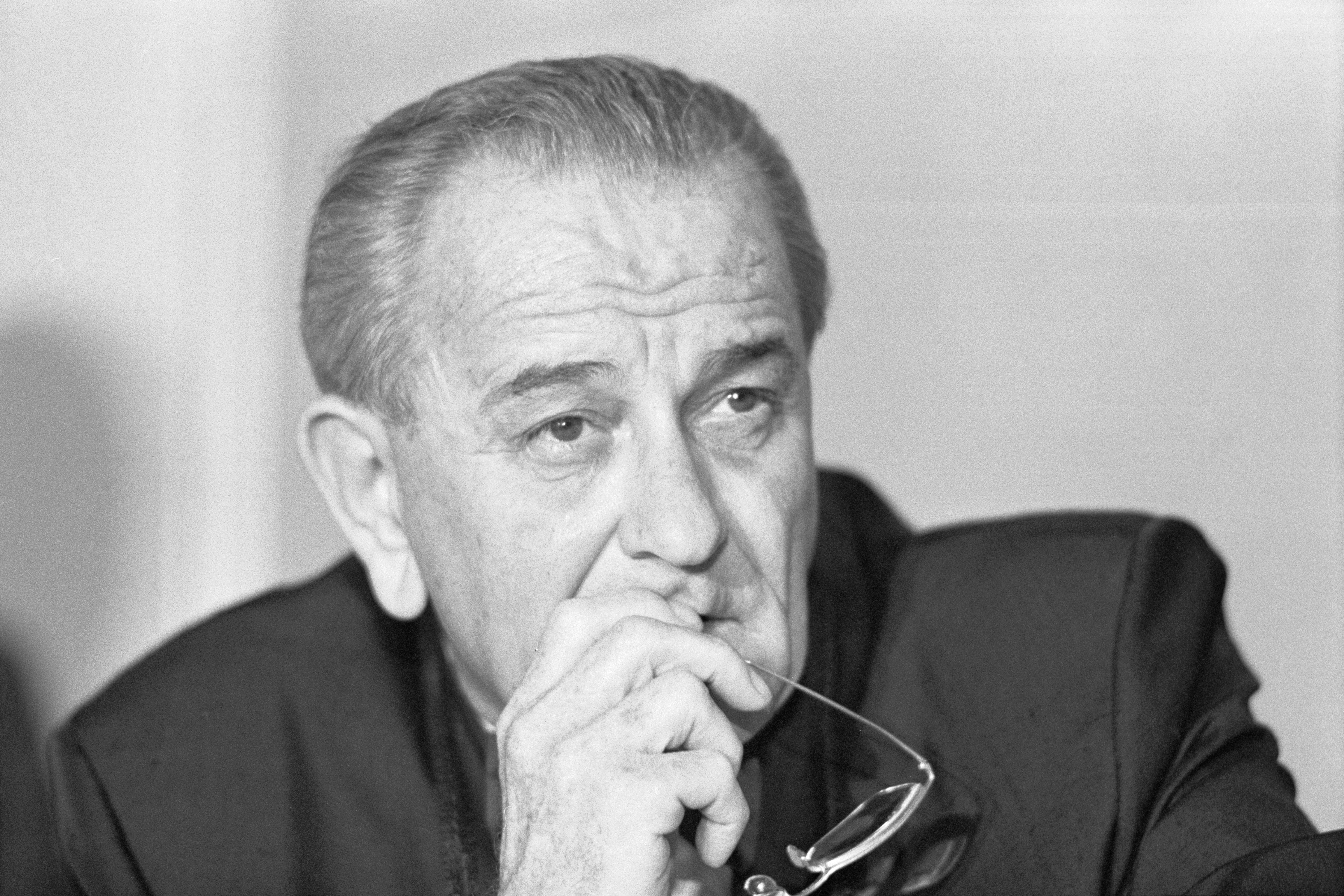How bipartisan support for public media unraveled in the Trump era
ANALYSIS
How bipartisan support for public media unraveled in the Trump era
JULY 18, 2025 5:00 AM ET
David Folkenflik

Nearly sixty years after President Lyndon B. Johnson signed the Public Broadcasting Act of 1967 into law, Congress voted to take back federal funding already promised for the public media system. The Republican majority has accused PBS and NPR of left-leaning bias and being a waste of taxpayer funds.
Bettmann/Bettmann Archive
When President Lyndon B. Johnson spoke after signing the Public Broadcasting Act of 1967, he marveled at technologies like radio and television and satellites, and echoed the words of Samuel Morse in sending the first telegraph message.
"What hath man wrought?" Johnson asked. "And how will man use his inventions?"
Johnson offered an answer to his own question: "While we work every day to produce new goods and to create new wealth, we want most of all to enrich man's spirit. That is the purpose of this act."
The years that followed brought forth the Corporation for Public Broadcasting, PBS and NPR, largely with bipartisan support. It also led to a framework of laws intended to ensure those organizations were protected from political pressure.
{snip}
